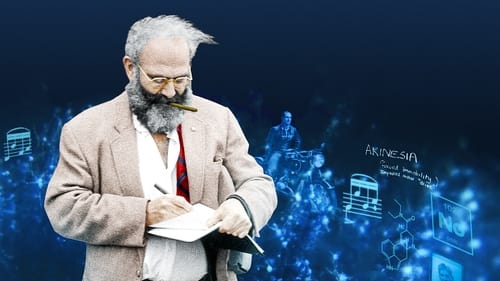
Self (archive footage)
An exploration of the life and work of the legendary neurologist and storyteller, as he shares intimate details of his battles with drug addiction, homophobia, and a medical establishment that accepted his work only decades after the fact. Sacks was a fearless explorer of unknown mental worlds who helped redefine our understanding of the brain and mind, the diversity of human experience, and our shared humanity.

Five million Americans suffer from Alzheimer's disease and dementia—many of them alone in nursing homes. A man with a simple idea discovers that songs embedded deep in memory can ease pain and awaken these fading minds. Joy and life are resuscitated, and our cultural fears over aging are confronted.
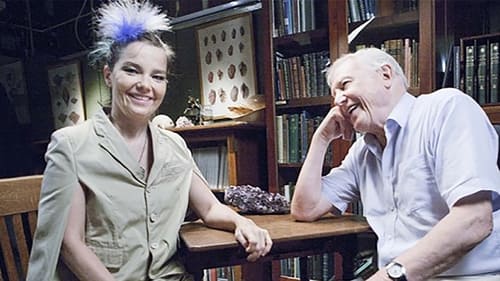
Self
Award-winning musician Björk and legendary broadcaster and naturalist Sir David Attenborough have admired each other's work for years but this is the first time they have discussed their mutual love of music and the natural world on screen. In this remarkable documentary, Björk explores our unique relationship with music and discovers how technology might transform the way we engage with it in the future.

Self

Himself - Professor of Neurology and Author
D Carleton Gajdusek won the Nobel Prize for the discovery of Prions - the particles that would emerge as the cause of Mad Cow disease - while working with a cannibal tribe on New Guinea. He was a star of the scientific world. Over his years working amongst the tribes of the South Seas, he adopted 57 kids, bringing them to a new life in Washington DC. His adoptions were hailed as wonderful fatherly beneficence. But, at the height of his career, rumours began to spread he was a paedophile. Gajdusek would argue that if sex with children was okay in their own cultures, he wasn't wrong to join in. How could a great mind like Gajdusek's lose insight so totally, and why would the scientific community to which he was a hero be so quick to leap to his defence and dismiss the allegations? (Storyville)

Himself
Alan Yentob talks to Dr. Oliver Sacks about his latest book 'Musicophila: Tales of Music and the Brain' which deals with the power of music and how it helps those with extreme neurological conditions, and meets some extraordinary people overcame their conditions with music.
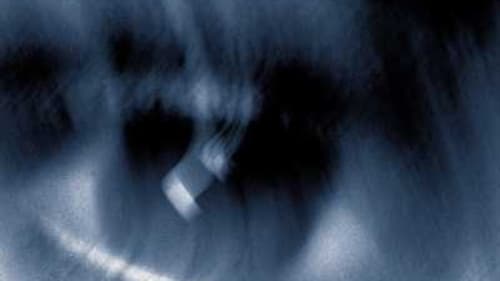
Self
Dezenove pessoas com diferentes graus de deficiência visual, da miopia discreta à cegueira total, falam como se veem, como veem os outros e como percebem o mundo. O escritor José Saramago, o músico Hermeto Paschoal, o cineasta Wim Wenders, entre outros, fazem revelações pessoais e inesperadas sobre vários aspectos relativos à visão.
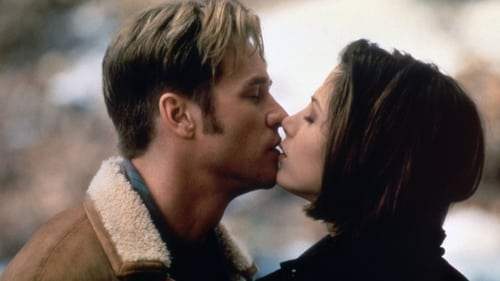
Story
Amy (Mira Sorvino) se apaixona por Virgil (Val Kilmer), homem bonito que ficou cego acidentalmente na infância. Surge uma esperança, através de um novo tratamento experimental, e Virgil é operado com sucesso. Ele recomeçará tudo de novo, aprendendo mais uma vez a enxergar a luz do dia e, quem sabe, descobrir a força do amor.

One of the most interesting shows ever aired on public television was Wim Kayzer's interviews with six leading intellectuals who represented both the mainstream academic (Stephen J. Gould, Freeman Dyson and Stephen Toulmin) and more or less, as it were, "eccentric" outside the box groundbreaking intellectuals (Oliver Sacks and Rupert Sheldrake). Kayzer interviews each of them (and philosopher Daniel Dennett) individually and then has the entire group sit in a kind of round-table seminar that he moderates and lets the ideas fly.
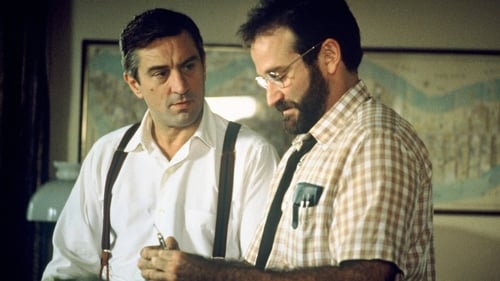
Book
Bronx, 1969. Malcolm Sayer é um neurologista que conseguiu emprego em um hospital psiquiátrico. Lá ele encontra vários pacientes que aparentemente estão catatônicos, mas Sayer sente que eles estão só “adormecidos” e que se forem medicados da maneira certa poderão ser despertados. Assim pesquisa bem o assunto e chega à conclusão de que a L-DOPA, uma nova droga que já estava sendo usada para pacientes com o Mal de Parkinson, deve ser o medicamento ideal para este casos. No entanto, ao levar o assunto para o diretor, ele autoriza que apenas um paciente seja submetido ao tratamento.
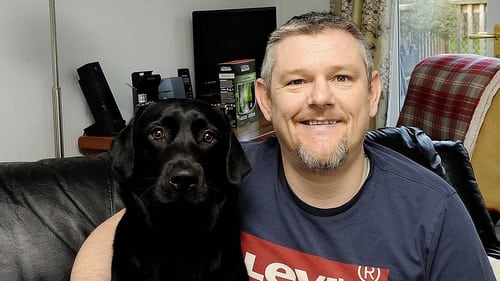
Oliver Sacks
John's Not Mad is a QED documentary made by the BBC in 1989. It was ranked, in a British public poll, as one of the 50 Greatest Documentaries. The film shadows John Davidson, a 15-year-old from Galashiels in Scotland, who had severe Tourette syndrome. John's life was explored in terms of his family and the close-knit community around him, and how they all coped with a misunderstood condition.

Novel
Opera singer and professor Dr P is examined both in a clinic and in his home, as he suffers from a degeneration of the occipital lobe that allows him to see details but not wholes.

Himself
Opera singer and professor Dr P is examined both in a clinic and in his home, as he suffers from a degeneration of the occipital lobe that allows him to see details but not wholes.










